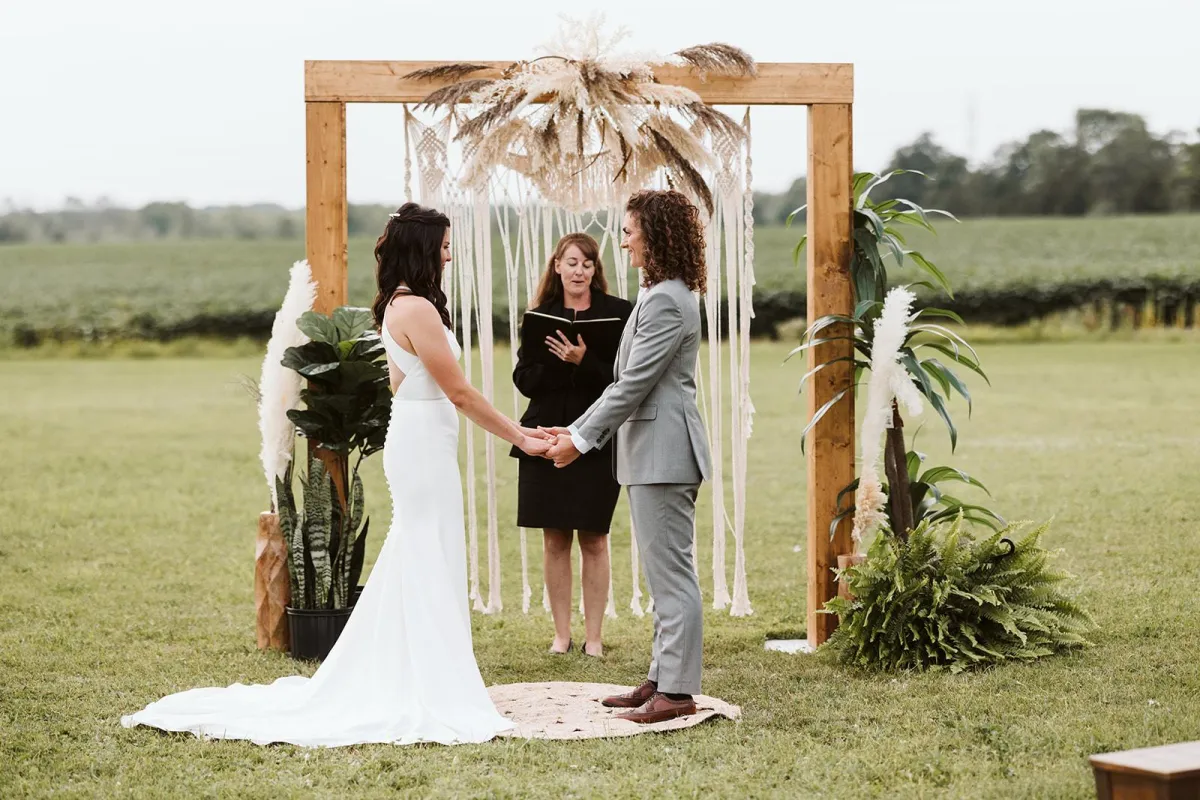
Separating Finances with Your Partner
Separating Finances with Your Partner
Ahhhh yes - money and relationships. Two of the most complicated, emotional, and impactful things in our lives. When you mix them together, it can either make you feel secure and supported or stuck and resentful.
A big question I get from clients all the time is: Should we combine our finances, or should we keep them separate? And if we do combine them, what’s the best way to do that?
The truth? There’s no one-size-fits-all approach. But if you’re a woman+ navigating money, the wage gap, and the invisible load of running a household, separating finances might just be the most empowering move you make.
Why Separating Finances Matters
Here’s the cold, hard reality: women+ are still paid less on average than men, even when we’re doing the same work. Add in career pauses for caregiving, the mental load of running a household, and the fact that women+ often outlive men…. the deck can feel stacked against women+ financially.
When you lump all your money into one big pot with your partner, those inequities can get buried under the surface. But trust me, they’re still there. Separating finances doesn’t mean you don’t trust your partner. It means you value clarity, equality, and independence.
What Separating Finances Looks Like
1. Yours, Mine, and Ours
Each person has their own account, plus a joint account for shared expenses like housing, groceries, or kids/pets, etc.
You both contribute to the joint account, either equally or based on income percentages (but I prefer based on income percentages).
This balances independence with partnership.
2. Fully Separate
Each person pays their share of household costs directly (which is predetermined in advance), with no joint account needed. Example: maybe you cover all the grocery bills, while the other partner covers the kid/pet expenses. You’d want to figure out if this is relatively equal up front or if there could be some resentment at the end of it.
Works best if you’re not married or in a long-term legal partnership, or if you just want very clean boundaries.
3. Hybrid Models
Some couples keep most money separate but agree on a joint savings goal like vacations, renovations, or an emergency fund.
Others pool income into a joint account but pay themselves “allowances” into personal accounts for freedom to spend on whatever the hell they want.
The Upsides of Separating Finances
Protects Your Independence: You don’t need to ask permission to buy a coffee/brunch out, or that expensive personal care product.
Makes the Wage Gap Visible: When you split expenses proportionally (say one earns 40% of the household income and the other earns 60%), it acknowledges that one partner has less earning power. That is not a failure, it’s reality.
Reduces Resentment: Nothing kills intimacy more than arguing over Amazon orders or who spent what on takeout. Separating money sets boundaries and helps to keep that spark alive.
Keeps You Prepared: I’ve seen too many clients go through a divorce, separation, or death, without having any idea where their money is or what it was doing for them. None of us wants to think about it, but the stats don’t lie. Women+ are more likely to end up managing money alone at some point. Having your own accounts makes the transition easier if that time comes.
The Challenges of Separating Finances
Logistics: More accounts often mean more tracking.
Solution: automate transfers for bills and joint savings.
Communication: You’ll need regular money check-ins/dates with your partner to make sure goals align.
Solution: schedule weekly/bi-weekly “money dates.” Wine/beer/tea/kombucha optional. Spreadsheets encouraged!
Pushback: Some partners might see separating money as a lack of trust.
Solution: reframe it as a move for fairness and partnership, not secrecy.
My Two Cents
Separating finances doesn’t mean you’re any less committed. It means you’re realistic. You’re protecting yourself, honoring the income imbalance that women+ still face, and making sure money stress doesn’t bleed into your relationship.
It’s about partnership and independence. Security and freedom.
At the end of the day, personal finances are just that – personal. You have to find something that works for you and your partner. Talk about it. Agree on it. And remember that your money is always moving and grooving so adjustments will need to happen.
Your money, your rules.
Book a free financial assessment call with me today. We’ll talk about your goals, your partnership, and how to structure your money so it works for you....not against you.
